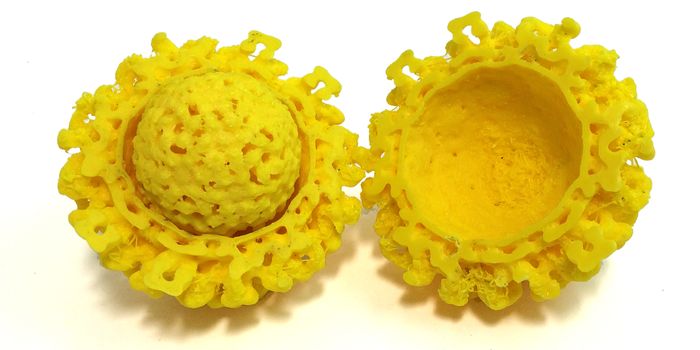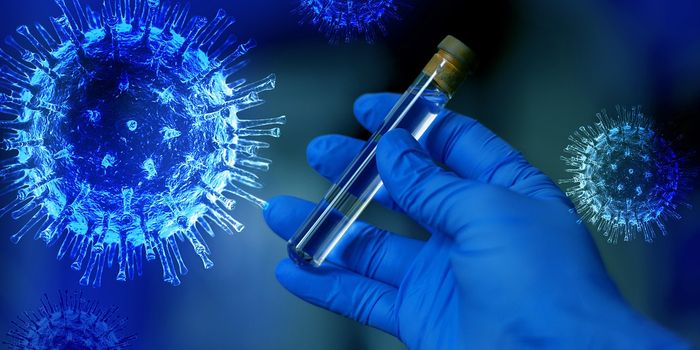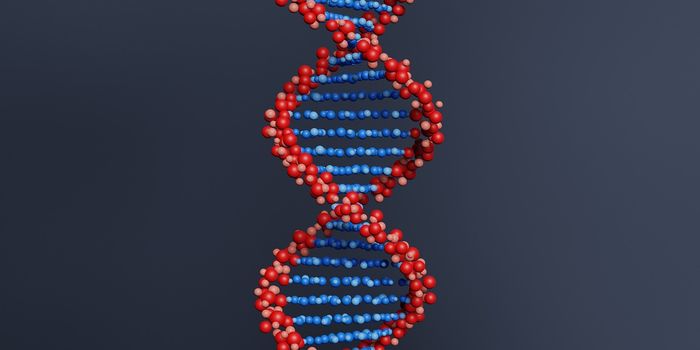Scientists Discover Unique Functions of Specialized Immune Cells
The immune cell repertoire is composed of many different cell types that are orchestrated in response to infection and other pathogens that enter the body. As a result, the body can defend itself against disease and maintain healthy functions. Immune cells originate in the bone marrow and differentiate or mature as they progress and leave to other sites of the body. The type of immune cell will dictate its lineage and how it develops. While immune cells are generated in the bone marrow, different subtypes have various lifespans, developmental phases, and activation triggers. However, they all work in tandem to deliver robust immunity.
There are two types of immune responses: innate and adaptive. These two phases create waves of protection. Innate immunity refers to the first response the body generates and consists of general, broad elimination of pathogens. The adaptive immune response is more specific by targeting certain infections from prior exposure. The two work together to generate strong immunity. They also communicate with each other as the innate immune system primes and activates adaptive immunity. Specialized cells known as antigen presenting cells (APCs) or dendritic cells, take proteins from the infected cells and use them to stimulate the adaptive immune system. Specifically, dendritic cells take infectious proteins or antigens and expose specialized immune cells, known as T cells, which are then activated. These dendritic cells are crucial for the facilitation of immunity and help drive an effective immune response.
While scientists have an idea of the responsibilities associated with dendritic cells, their full function associated with immunity is still unclear. A recent article in Science Advances, by Dr. Toshiaki Ohteki and others, discovered that dendritic cells develop from multiple lineages in the bone marrow. This highlights how scientists understand the life cycle of immune cells and has major implications for understanding disease and developing novel immunotherapies. Ohteki is a Professor in the Department of Biodefense Research at the Institute of Science Tokyo. His work focuses on multiple APCs including dendritic cells and macrophages. His work also analyzes tissue stem cells, cancer, and the process of immune cell generation, known as myelopoiesis. Specifically, he investigates ways to leverage the function of APCs to improve immunotherapy and other treatments for patients.
To understand more about dendritic cell development and origin, researchers engineered mice to express a fluorescent marker on immune cells to track dendritic cells as they go through the body and develop. Ohteki and his group were able to determine that a small, specialized subtype of dendritic cells are present in tissues exposed to air, particularly the skin and lungs. Specifically, these dendritic cells had strong immunosuppressive function and could induce allergies. These cells had limited ability to activate T cells unless exposed to a high quantity of antigen or protein from infection.
Overall, Ohteki and others have demonstrated a specialized role of dendritic cells that originate from a separate abnormal lineage that implicates how our body’s respond to disease. They also showed that these cells maintain suppressive activity and induce allergies. Importantly, this work greatly extends our previously dearth understanding of this dendritic cell subtype. As a result, these discoveries have the potential to improve immunotherapies and quality of life in patients.
Article, Science Advances, Toshiaki Ohteki, Institute of Science Tokyo








